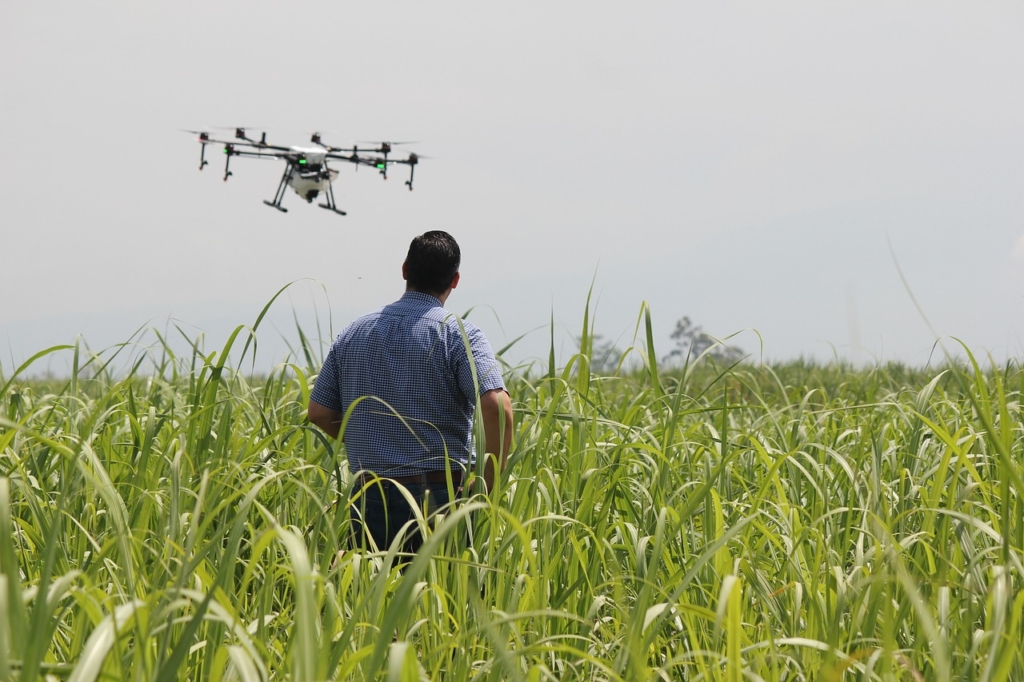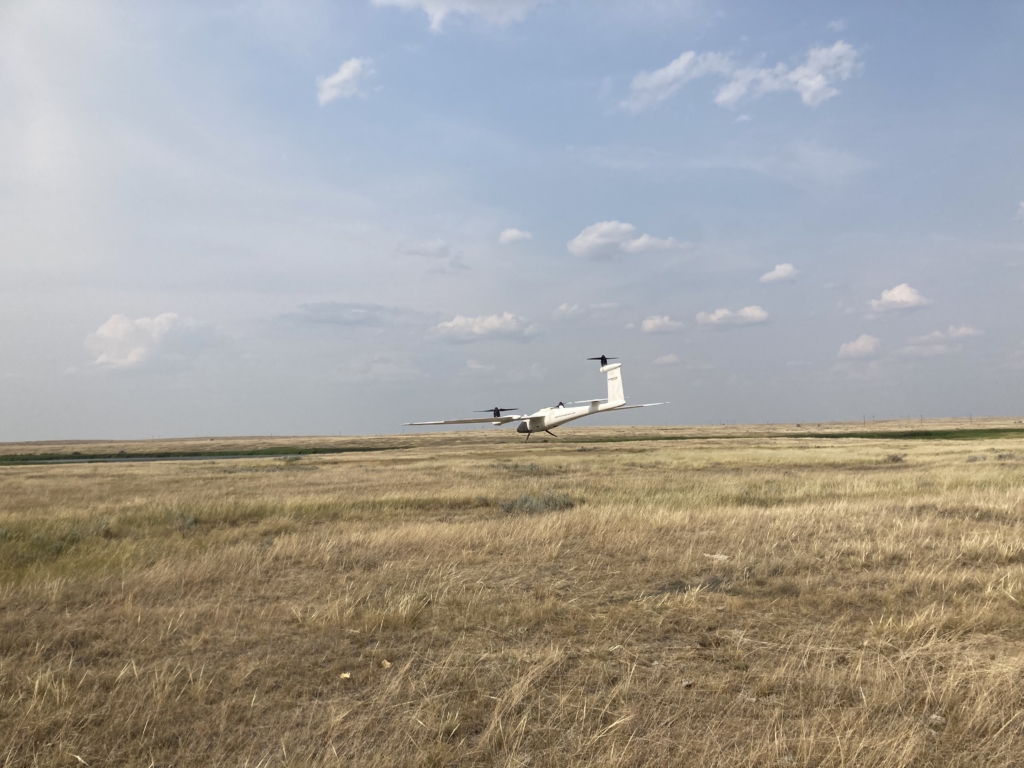Since 2016, researchers and educators from Land-grant Universities across 20 states in the United States have been collaborating to promote the use of drones for remote sensing and precise management in agriculture and natural resources.
To enhance the productivity of plants, animals, and entire landscapes, a collaborative effort between researchers, farmers, and natural resource managers is essential to comprehensively grasp the dynamics of evolving environmental conditions and stressors. In this endeavor, drones equipped with remote sensors have emerged as a promising tool. However, the broader utilization of drones in the agricultural and natural resource sectors has been impeded by several limiting factors.
Project Overview
This grant project, unlike its predecessors, enables comprehensive testing of drones in real-world agricultural scenarios, surpassing previous research that was often limited to single fields or specific stressors. This collaborative approach not only enhances workload distribution but also reduces cost overheads, optimizing overall efficiency.
Scientists have carried out assessments to identify the most reliable, cost-effective, and user-friendly drone platforms and sensors for monitoring and mitigating stressors in agriculture. To maximize data accuracy, project participants have employed hardware, software, and protocols for drone calibration and utilization. Additionally, they have integrated new tools, including a digital logbook, to help drone users efficiently manage data.
Multiple drone system
As a result, they have successfully introduced innovative systems tailored for various purposes in agriculture and natural resources, thereby significantly expanding the application of drones in these sectors.
Pest and Disease Detection: In order to facilitate precise treatment, drones have been employed to scout for pests and diseases in fruit, nut, and row crops.
Plant Water Stress Monitoring: To enhance the efficiency of the irrigation system, drones have been utilized to monitor plant water stress levels. This allows farmers to allocate water precisely when the plants need it the most.
Plant Screening and Biological Discoveries: This project has uncovered a faster method for conducting plant screening and novel measurements. These biological discoveries hold significant implications for advanced agriculture.
Livestock Management: Drones have been employed to create 3D renderings of animals, detect stray livestock herds, and assess forage quality. These insights have proven valuable to livestock managers.
Water Quality Assessment: Utilizing drone technology, it is now feasible to conduct large-scale monitoring of water quality, making a substantial contribution to environmental conservation efforts.
Flood Risk Modeling: Drones gather high-resolution data that is crucial for the development of flood risk models and the effective management of water resources.
Sharing Knowledge
However, the researchers didn’t stop there. Over the past five years, they have been committed to sharing their expertise to benefit farmers and producers. Their efforts encompass activities such as creating fact sheets that clarify regulations and licensing requirements for drone use. They also organize workshops centered on risk management for both current and potential drone users. Additionally, they offer training programs for forest land managers to streamline labor-intensive timber value estimates. All these resources have been digitized and can be accessed through websites, videos, and datasets. Furthermore, they have published peer-reviewed publications that communicate their research findings and insights.
Impact
This collaborative and multidisciplinary research project has significantly advanced the broader adoption of drones in agriculture and natural resource management. By efficiently collecting data, drones play a pivotal role in informed decision-making, the advancement of plant and animal breeding, and the enhancement of farming and natural resource management practices.In recognition of their exceptional efforts, the team was honored with the prestigious 2022 National Excellence in Multistate Research Award. This esteemed accolade is presented annually by the Experiment Station Section, a division of the Association of Public and Land-grant Universities Board on Agriculture Assembly. This recognition underscores the transformative impact of their collective endeavors in harnessing drone technology for the advancement of agriculture and natural resources.
AUAV, a leader in drone technology, specializing in drone manufacturing, services, and training, AUAV empowers industries with cutting-edge solutions.


